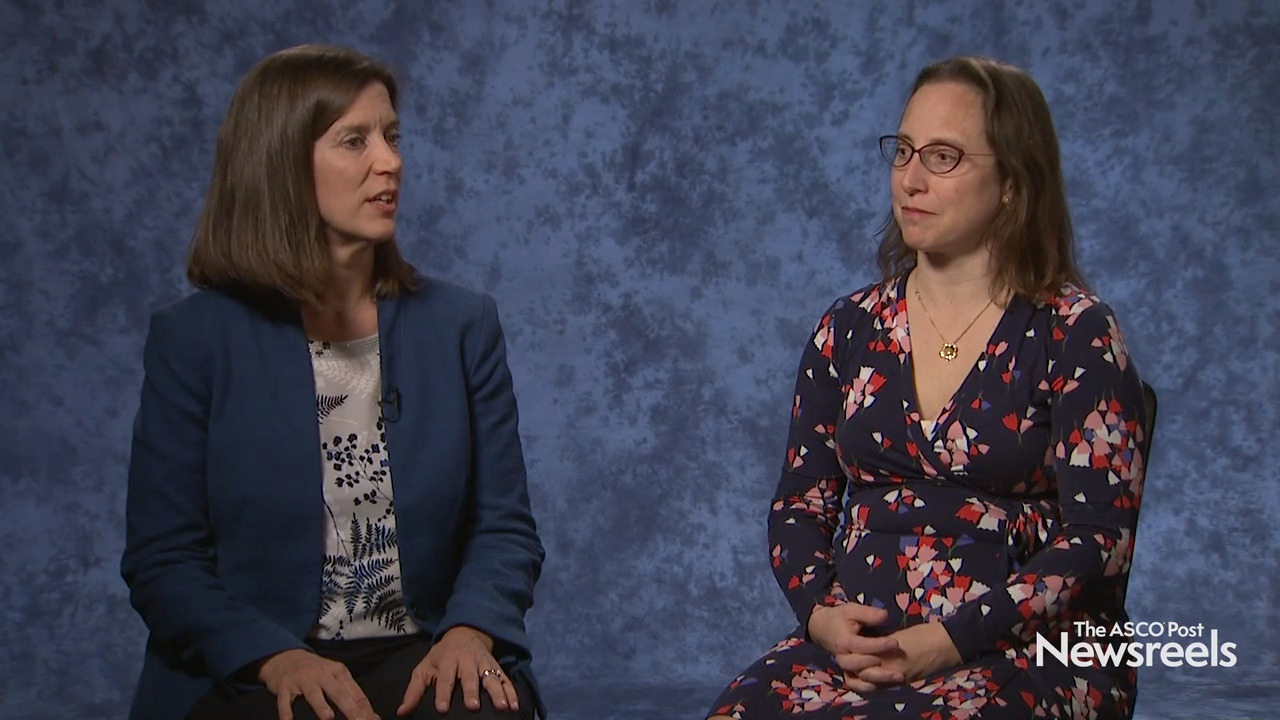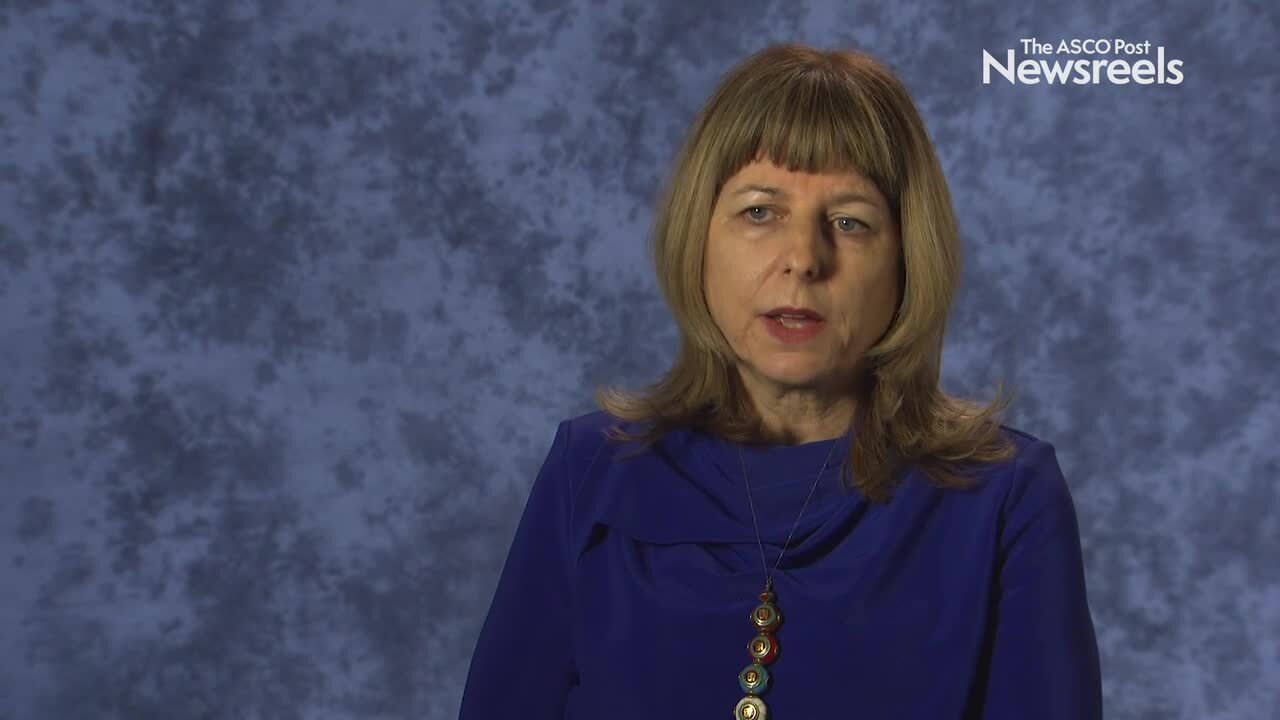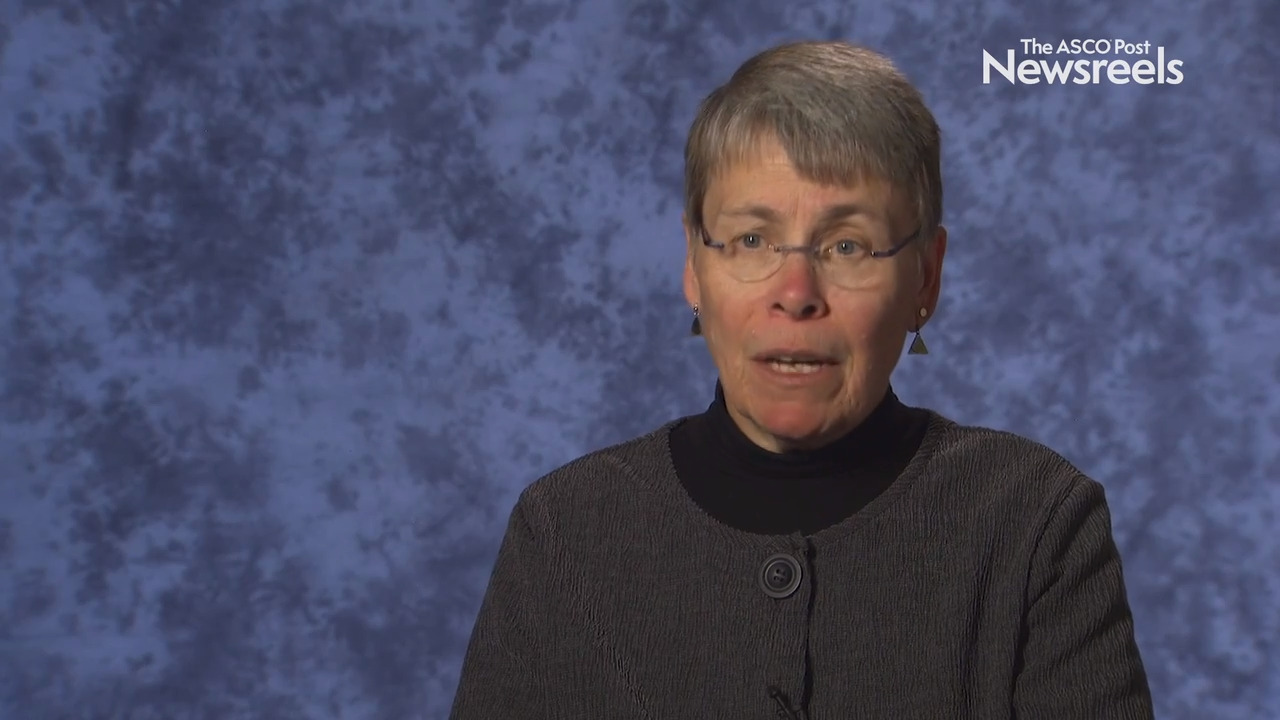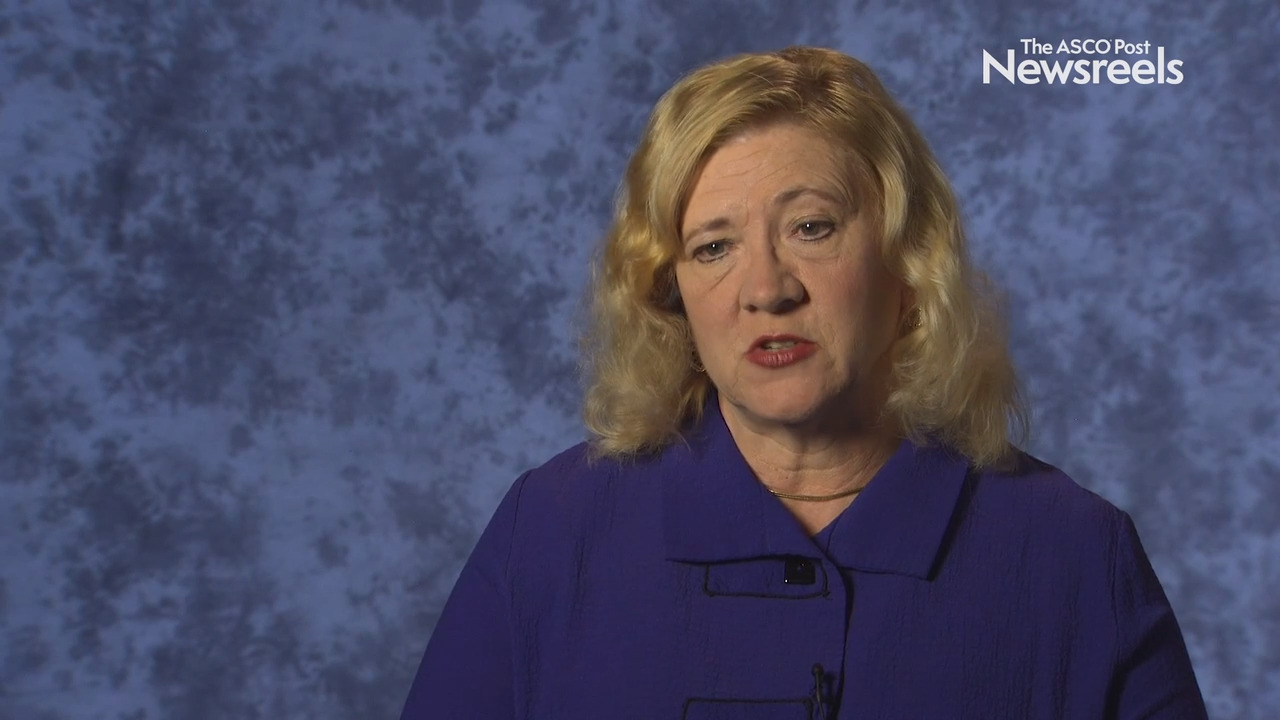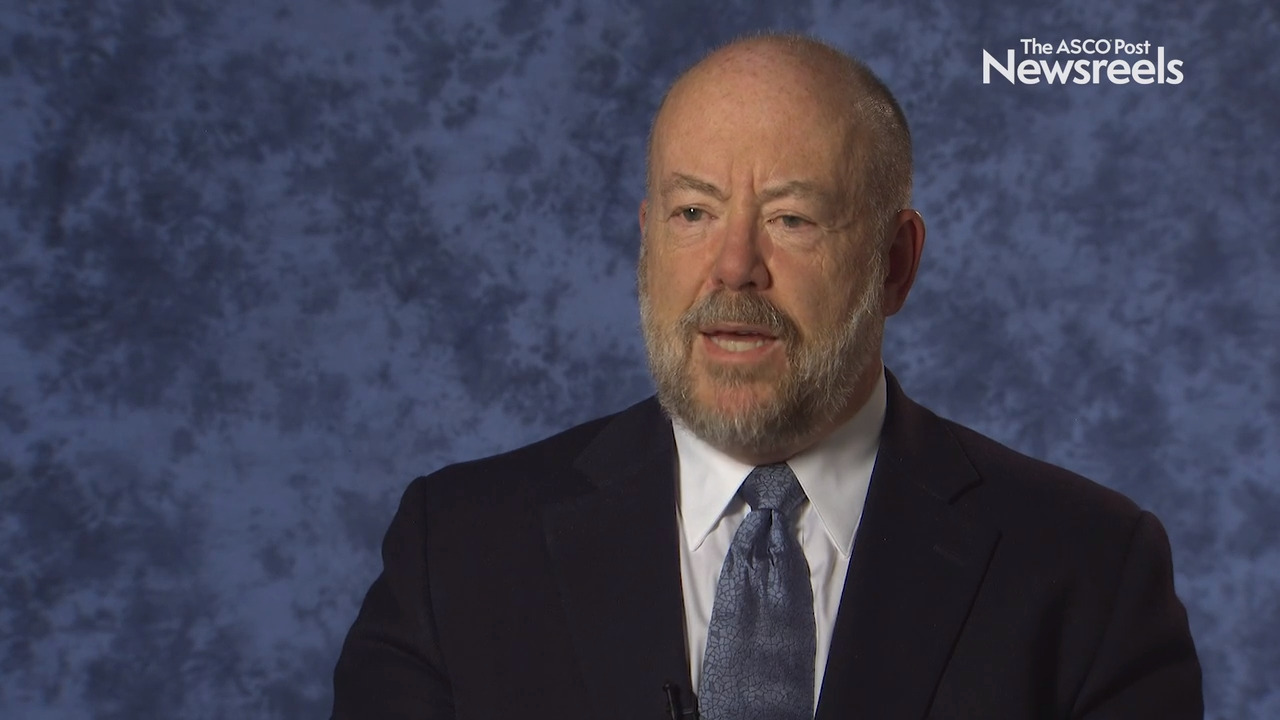Mihir M. Kamdar, MD, on Managing Cancer-Related Pain With Artificial Intelligence
2018 Palliative and Supportive Care in Oncology Symposium
Mihir M. Kamdar, MD, of Massachusetts General Hospital, discusses study findings on a smartphone app called ePAL, which significantly reduces pain and pain-related hospital admissions by combining patient-reported outcome data and artificial intelligence via a telemedicine platform (Abstract 76).
Mary K. Buss, MD, MPH, of Beth Israel Deaconess Medical Center, and Candice A. Johnstone, MD, MPH, of the Medical College of Wisconsin, discuss a session they co-chaired on the perspective of stakeholders on the cost of cancer care, what drives patients’ preferences when faced with mounting medical bills, and interventions to improve transparency.
Leslie J. Blackhall, MD, of the University of Virginia, discusses abuse of opioids, prescribing responsibly, and reducing cancer pain while also decreasing the risk of misusing these agents.
Mary E. Johnson, author of Stay With Me Awhile, discusses her play, a compilation of vigil stories from across cultures and religions, and the profound impact the performances have had on audience members.
Betty R. Ferrell, PhD, of City of Hope, discusses the many advances in immunotherapy and the drugs’ effect on patients’ quality of life, including psychological well-being.
Charles von Gunten, MD, PhD, of OhioHealth, discusses the critical need for opioids to manage cancer pain as well as the myth of addiction, which may impede best care.
